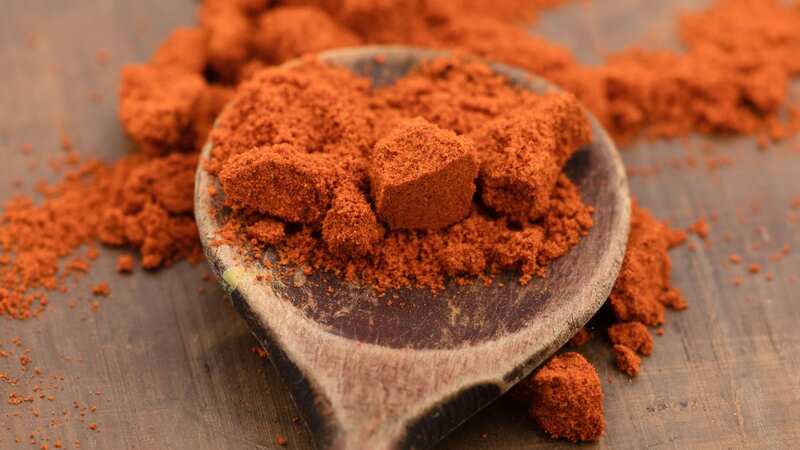Kitchen cupboard staple may have 'anti-cancer' properties - and only costs 69p

An apple a day probably won't keep the doctor away - but one particular spice might.
Unless you have the palate of a little child, you'll probably already use a plethora of spices and herbs in your cooking to add flavour to otherwise bland meals. Not only do these additions taste good - they're often packed with nutrients that could help fight off disease.
Paprika, which can be bought for as little as 69p from supermarkets like Aldi, is no exception to the rule. In fact, the smoky spice, made from dried peppers (Capsicum annuum), has been hailed for having 'anti-cancer' properties.
According to Healthline, one tablespoon of paprika provides 19 per cent of our daily recommendation of Vitamin A and 13 per cent of our Vitamin E requirements - as well as eight per cent of our iron needs. It also provides 2 grams of fibre and just 19 calories.
Paprika contains antioxidants (such as beta carotene, zeaxanthin and lutein) which scientists believe may fight oxidative stress - which is said to increase your risk of certain cancers. In fact, one 2012 study of 2,000 women found those with the highest blood levels of carotenoids were 25-35 per cent less likely to develop breast cancer.
 Greggs, Costa & Pret coffees have 'huge differences in caffeine', says report
Greggs, Costa & Pret coffees have 'huge differences in caffeine', says report
Want the latest health news and fitness tips sent straight to your inbox? Sign up to our
There's also some evidence to suggest the spice could improve your blood sugar, therefore managing diabetes. A four-week study found that 42 pregnant women taking paprika supplements 'significantly decreased' post-meal blood sugar levels in comparison with a placebo tablet.
Gloucestershire Live says the spice may also raise levels of HDL (known as the 'good' cholesterol) while lowering LDL (the bad kind) - which would in turn reduce one's risk of a heart attack. The 2009 study cited, however, was only conducted on rats.
Of course, no single spice or food is going to be the perfect panacea for life-threatening diseases - and more extensive research is needed to validate these claims. But adding paprika to your dinner is certainly not going to harm your health, or tastebuds.
Read more similar news:
Comments:
comments powered by Disqus

































